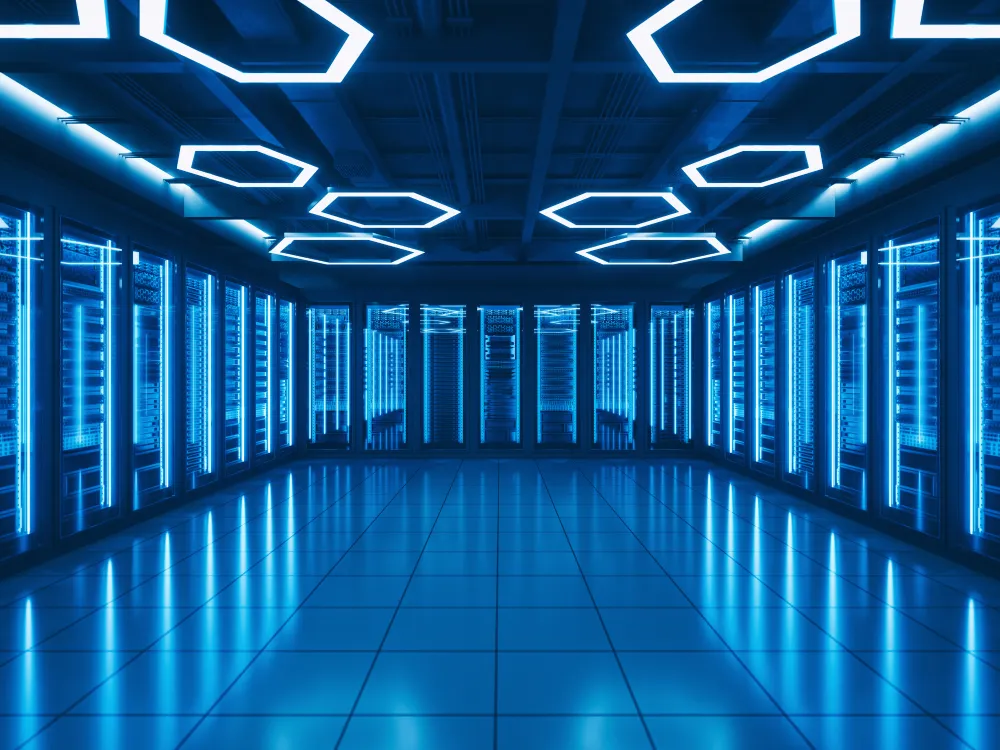
Tech Giants clash over data center spending
Google Chief executive, Sundar Pichai, said in early 2025 that Google would invest $75 billion in developing data center capacity for artificial intelligence. The decision comes as the administration of US President Donald Trump introduces new trade tariffs that have injected some uncertainty into the cloud computing infrastructure market. However, investors were expecting no more than $58 billion in spending whereas, Google plans to spend $75 billion over the year. A company representative noted that while duties may push up the cost of importing equipment, investments are still required due to high demand.
Pichai emphasized that the funds would go toward buying chips and constructing the servers needed to run core Alphabet services and advance A.I. technologies. He noted that the opportunities created by AI are bigger than ever, and the company can’t take its foot off the gas with expansion that extends far beyond casual, day-to-day usage.
The final parameters of US trade policy are still being worked out. However, while tariffs imposition has been delayed by 90 days for some nations, they have been doubled for China. That has prompted China to prepare retaliatory measures, which could further complicate logistics and pricing.
After Google’s decision, Amazon announced its own intentions. In a letter to shareholders, CEO Andy Jesse reiterated the company's plans to spend more than $100 billion on data centers in 2025, stating that advancing AI demands an unparalleled amount of capital investment. While it may have taken Amazon years to become profitable after its initial investment, the demand for AI is unprecedented.
Amazon's stock is recovering from a correction phase after a long rally. Bold designs like these have the potential to help raise its stock price, which benefits the company, its customers, and shareholders.
AI and accelerators—including Amazon’s in-house designed Tranium2—are expected to become more accessible with time. This will be achieved by making semiconductors more efficient through architecture and caching, and continued advances in AI models.
However, not all tech giants are playing by the same playbook. Microsoft has been making headlines by declaring that it will scale back data center projects, which stand in stark contrast to Google’s and Amazon’s aggressive investments. The company quickly followed up by stressing that it’s not revising its overall plans, and that it still intends to spend $80 billion on capital investment. Building a data center is a long-term, capital-intensive program that the company plans out years in advance to make sure there’s enough infrastructure to go around. Despite the cautious approach, Microsoft stock is relatively stable, which suggests that investors are confident in its long-term vision and highly diversified business model.
This shift could be indicative of a change in priorities or an attempt to optimize its cloud infrastructure. The exact motives are still unclear and undisclosed. As demand for Microsoft’s cloud and AI services has soared in recent years—far exceeding all expectations—the company has embarked on the largest infrastructure scaling in its history.
The US administration’s moves could have a dramatic impact on the cost and speed of construction of infrastructure in the next few years, intensifying competition in cloud and AI technology in particular.
Trade wars and regulatory risks notwithstanding, the leading market players continue to scale their AI capacity. While Google and Amazon are betting big on multi-billon projects, Microsoft appear to be opting for a more flexible approach.


